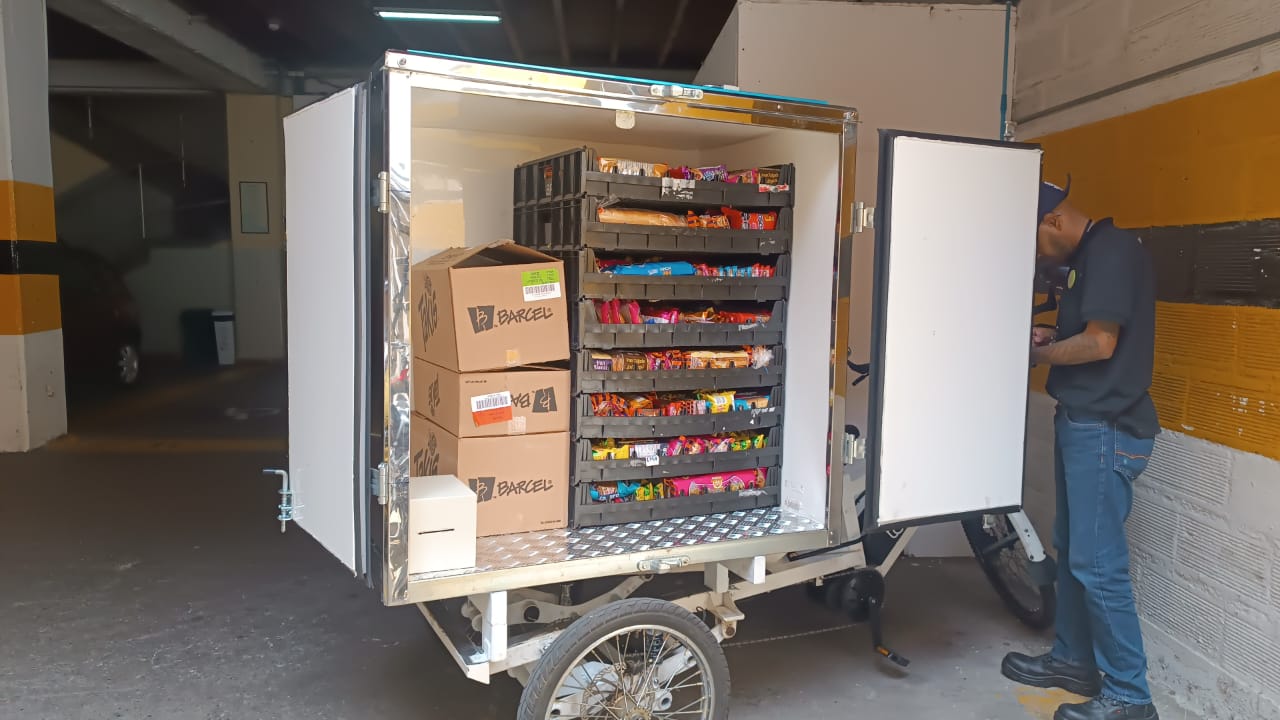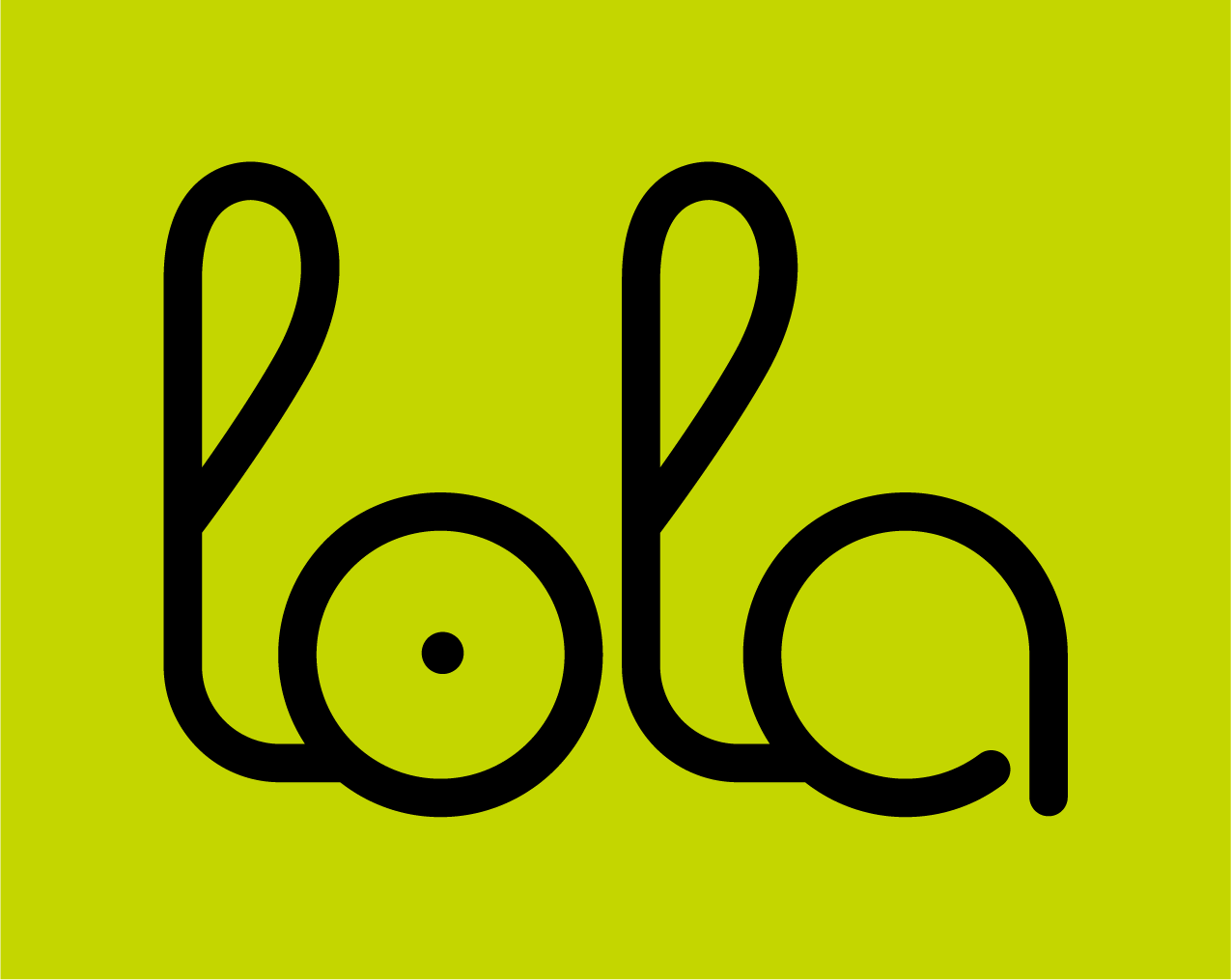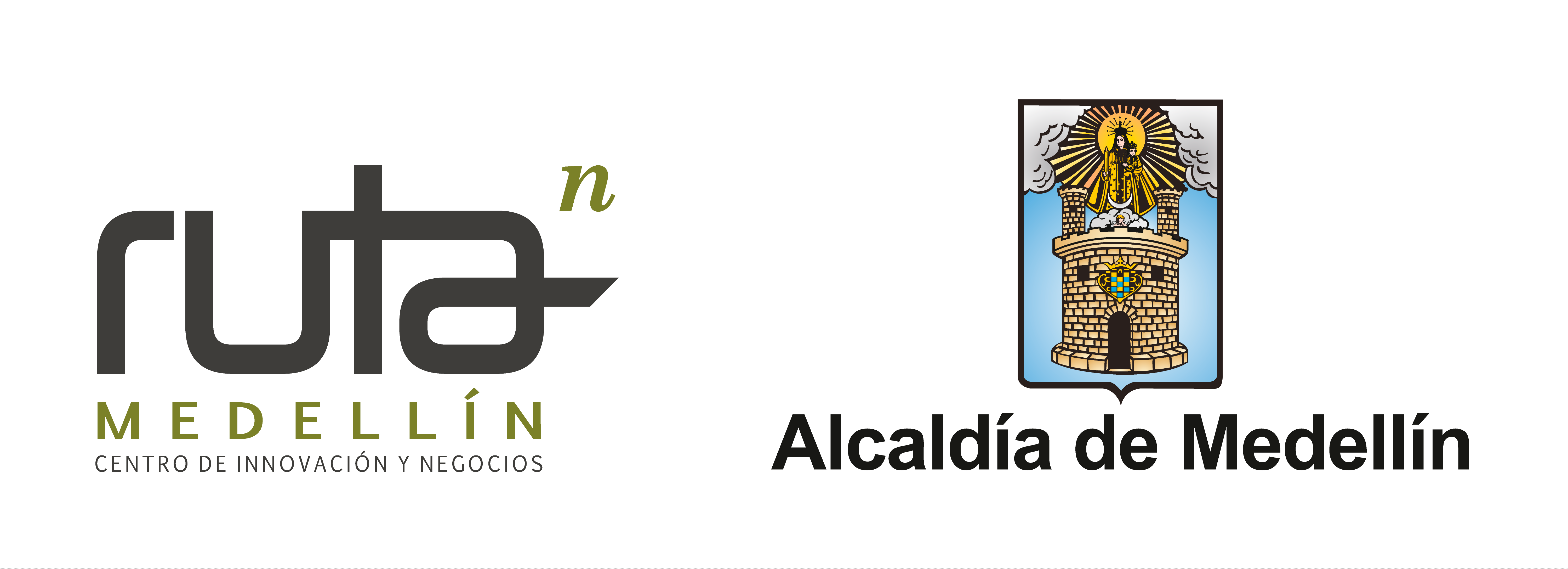Green Last Mile

P4G Theme
Zero Emissions Mobility
SDG

Status
Completed
Countries of Operation
About
The Green Last Mile partnership is using zero-emissions three-wheelers to transport cargo in Medellín, Colombia.
Investing in Impact
P4G has provided this partnership with $75,000 in catalytic grant funding.
Transporting cargo in big cities can involve long transit times and produce a lot of pollution, especially as the growth of e-commerce has left companies in search of more efficient logistics for distributing goods. Electric cargo bikes and micro warehouses provide an innovative solution in areas with high delivery volumes. Green Last Mile developed an innovative platform for supply chain distribution to reduce environmental and energy costs from inventory to transportation.
During the pilot implementation with P4G funding, the partnership was able to identify and rectify operational discrepancies and technical difficulties with its logistics system. This process stands as a significant achievement in the software development journey, showcasing promise in resolving the challenges associated with digitizing the last-mile distribution of cargo in air-protected zones of developed countries.
Green Last Mile partnered with Bimbo Colombia, a multinational company, to use an electric cargo tricycle in its distribution process in Medellín. It helped the company improve the distribution process by reorganizing it to enable easy and efficient operation. Bimbo Colombia also shares a point of micro warehouse with Comercial Nutresa. Micro-warehouses ─ spaces where companies consolidate items for delivery ─ helps them be closer to the final delivery points and reduce distance traveled throughout the supply chain of the last mile. The partnership also expanded the distribution area, increasing from serving 150 stores to approximately 300 stores in one week.
Through this model, three direct jobs are created in a single distribution process: crossdocking point coordinator, electric tricycle driver and electric tricycle mechanic. An additional 15 jobs are indirectly created ranging from vehicle manufacturers, electrical system technical assistants, van manufacturers, developers of software, product sellers in the area, among others.
In the 50 days of the pilot’s operation, 615.1 kilometers (about 382.21 miles) were traveled, where 75,583g of CO2 were reduced compared to using Bimbo’s usual combustion vehicle. Going forward, the partnership plans to continue supporting Bimbo’s use of zero-emissions vehicles through the company Lola. It also garnered interest from four companies in the development of the software.



